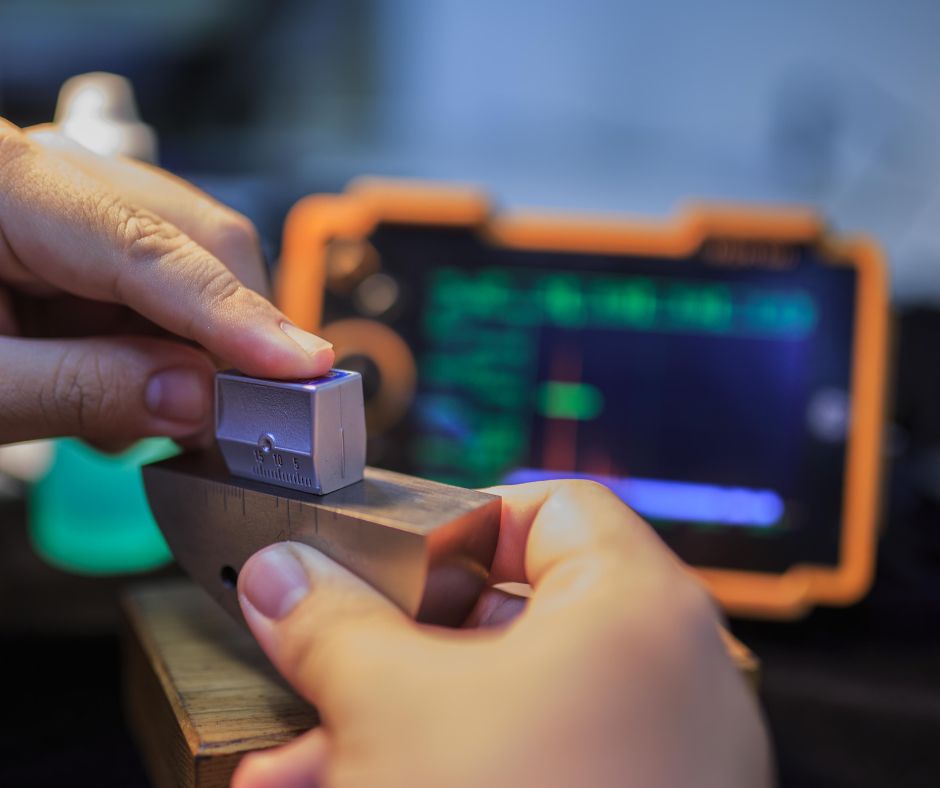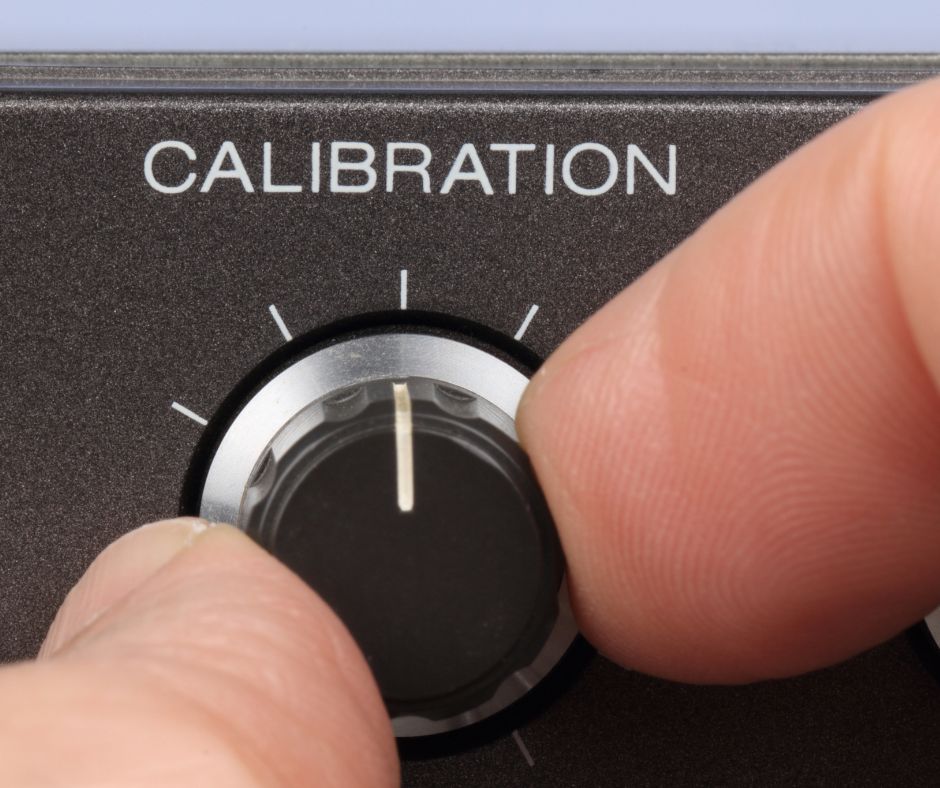Understanding Traceability and Why It’s Important in Calibration
 If your business utilizes instruments or equipment that need to be calibrated periodically, you may have encountered the term “traceability.” The concept of traceability is integral to reliability, accuracy, and regulatory compliance—but what exactly does it mean, and why is it important? Read on to find out.
If your business utilizes instruments or equipment that need to be calibrated periodically, you may have encountered the term “traceability.” The concept of traceability is integral to reliability, accuracy, and regulatory compliance—but what exactly does it mean, and why is it important? Read on to find out.
What is Traceability?
As defined by the National Institute of Standards and Technology, metrological traceability is a “property of a measurement result whereby the result can be related to a reference through a documented unbroken chain of calibrations, each contributing to the measurement uncertainty.” In other words, it refers to the ability to trace the measurement results of an instrument back to recognized standards or reference materials with a known and documented uncertainty. Traceability essentially provides the assurance that the values obtained from a calibrated instrument are reliable and can be trusted for making critical decisions.
Why is Traceability Important in Calibration?
When it comes to the calibration of instruments and equipment, traceability is important for the following reasons:
- Ensures accuracy. Traceability provides a clear and documented path from the measurements taken by an instrument to established reference standards. This linkage guarantees that the instrument’s readings are accurate and consistent, thereby minimizing the risk of erroneous measurements that could lead to product defects or safety hazards.
- Facilitates compliance. Many industries, particularly those with stringent quality and regulatory requirements, mandate traceable calibration processes. Adhering to traceability standards helps to ensure that organizations can meet regulatory obligations and industry-specific standards, avoiding costly penalties and reputational damage.
- Supports quality assurance. By ensuring that measurement instruments are calibrated against traceable standards, businesses can uphold the quality of their processes, products, and services, which can, in turn, enhance customer satisfaction and loyalty.
- Fosters confidence and trust. Traceability instills confidence in measurement results by providing transparency and accountability in calibration procedures. Customers, stakeholders, and regulatory bodies can trust that the reported values are traceable to internationally recognized standards, which fosters trust and credibility in the organization’s capabilities.
How is Traceability Achieved in Calibration?
Achieving traceability requires adherence to a systematic and well-documented calibration process, which may include the following steps:
- Selection of traceable standards. Calibration labs must use reference standards that are directly traceable to national or international measurement standards, such as those maintained by national metrology institutes.
- Documentation and recordkeeping. Proper documentation of calibration procedures, including calibration certificates, measurement uncertainties, and traceability chains, is essential for demonstrating compliance with traceability requirements and facilitating traceability audits.
- Regular calibrations. Instruments should be calibrated at regular intervals based on their usage, environmental conditions, and manufacturer recommendations to ensure continued traceability and accuracy of measurements.
- Use of a quality management system. Implementing a robust quality management system based on international standards such as ISO/IEC 17025 is important for ensuring the effectiveness of calibration procedures and maintaining traceability throughout the calibration process.
Traceability is not just a technical requirement; it’s a fundamental principle that underpins the reliability, accuracy, and integrity of measurement processes. At Trident Calibration Labs, we understand the importance of traceability, and our expert calibration services are designed to ensure the highest standards of accuracy, reliability, and traceability for our clients. Contact us today to request a quote!
continue reading
Related Posts
Understanding the Factors that May Influence Calibration Accuracy For businesses […]
What are the Steps in the Calibration Process? For businesses […]
5 Reasons Why Calibration is Important for Businesses In today’s […]




